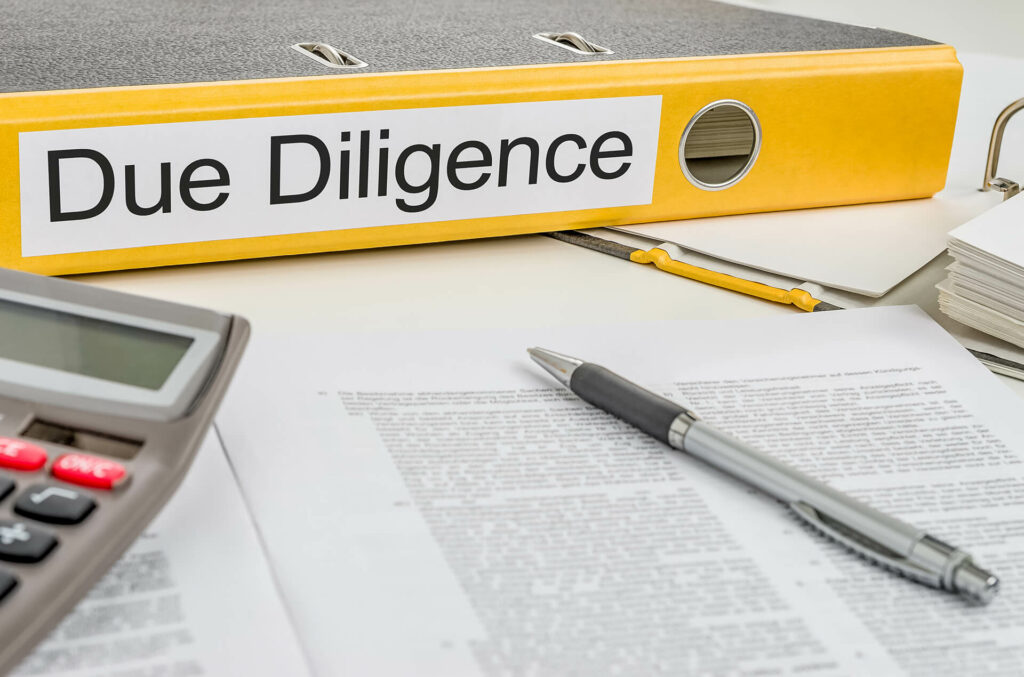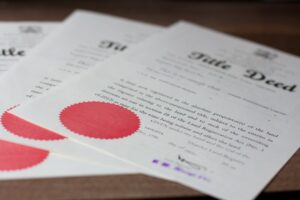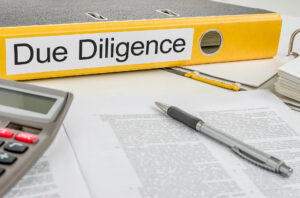Property due diligence in Thailand is a critical process for both Thai nationals and foreigners looking to invest in real estate. This process involves a thorough investigation of a property’s legal, physical, and financial aspects to ensure that the investment is sound and free from potential risks or encumbrances. Understanding the steps, legal requirements, and potential pitfalls of property due diligence in Thailand is essential for making informed and secure real estate investments.
Legal Framework and Importance
Governing Laws
Property transactions in Thailand are governed by various laws, including the Land Code, the Civil and Commercial Code (CCC), and specific regulations issued by the Department of Lands. These laws ensure that property rights are clearly defined and protected.
Importance of Due Diligence
Due diligence helps buyers verify the legitimacy of the property, confirm the seller’s ownership, and uncover any legal issues or restrictions. It is crucial for avoiding disputes, financial losses, and legal complications in the future.
Steps in Property Due Diligence
1. Verify Ownership and Title Deed
The first step in due diligence is to verify the ownership and the title deed of the property.
- Title Deed Verification: Obtain a copy of the title deed (Chanote) from the Land Office. Ensure that the title deed is genuine, current, and free from any encumbrances such as mortgages, liens, or disputes.
- Seller Verification: Confirm that the seller is the legal owner of the property. This can be done by checking their identification documents and matching them with the information on the title deed.
2. Check for Encumbrances and Liens
Investigate whether the property is subject to any encumbrances or liens that could affect its transferability or value.
- Encumbrances: Check for any mortgages, leases, easements, or rights of way that may limit the use or transfer of the property.
- Liens: Ensure there are no outstanding debts or legal claims against the property that could lead to foreclosure or other legal actions.
3. Zoning and Land Use Regulations
Verify that the property’s intended use complies with local zoning and land use regulations.
- Zoning Laws: Confirm the property’s zoning classification and permitted uses. This is important for ensuring that the property can be used for the buyer’s intended purpose, such as residential, commercial, or industrial use.
- Building Regulations: Check any building restrictions or regulations that may apply, including height restrictions, setback requirements, and construction permits.
4. Environmental and Physical Inspection
Conduct a thorough physical inspection of the property to identify any environmental or structural issues.
- Environmental Assessment: Investigate any potential environmental hazards, such as soil contamination, flooding risks, or proximity to hazardous facilities.
- Structural Inspection: Hire a qualified surveyor or engineer to inspect the property’s structural integrity, including the condition of the building, electrical systems, plumbing, and other critical infrastructure.
5. Verify Utilities and Infrastructure
Ensure that the property has access to essential utilities and infrastructure.
- Utilities: Check the availability and condition of utilities such as water, electricity, sewage, and internet services.
- Infrastructure: Verify the accessibility of the property, including road access, public transportation, and proximity to essential services like schools, hospitals, and shopping centers.
6. Review Legal and Contractual Documents
Carefully review all legal and contractual documents related to the property transaction.
- Sales Agreement: Examine the terms and conditions of the sales agreement, including payment terms, deadlines, and contingencies.
- Property Registration: Ensure that the property registration process at the Land Office is properly followed, and all required documents are accurately completed and submitted.
7. Tax and Financial Considerations
Evaluate the financial aspects and tax implications of the property transaction.
- Property Taxes: Verify the current property tax status and ensure there are no outstanding tax liabilities.
- Transfer Fees and Taxes: Understand the transfer fees and taxes involved in the property transaction, including the transfer fee, withholding tax, and specific business tax.
Potential Pitfalls and Risks
Incomplete or Inaccurate Information
One of the major risks in property transactions is relying on incomplete or inaccurate information. It is essential to cross-check all information provided by the seller with official records and independent sources.
Legal Disputes and Claims
Properties may be subject to legal disputes or claims from third parties. Thorough due diligence can help identify any ongoing or potential legal issues that could affect the property’s ownership or value.
Hidden Costs and Liabilities
Unexpected costs and liabilities can arise from unanticipated repairs, environmental cleanup, or unpaid taxes. Comprehensive due diligence helps uncover these hidden issues before finalizing the purchase.
Legal Assistance and Professional Help
Hiring a Lawyer
Engaging a qualified lawyer with expertise in Thai property law is crucial for conducting thorough due diligence. A lawyer can help verify legal documents, identify potential risks, and ensure compliance with all legal requirements.
Professional Surveyors and Inspectors
Hiring professional surveyors and inspectors to assess the property’s physical and environmental condition can provide valuable insights and help avoid costly mistakes.
Real Estate Agents
Reputable real estate agents can offer local knowledge, assist with property searches, and facilitate communication with sellers and authorities. However, it is important to verify the agent’s credentials and reputation.
Conclusion
Property due diligence in Thailand is an essential process for ensuring a safe and secure real estate investment. By thoroughly investigating the legal, physical, and financial aspects of a property, buyers can mitigate risks and make informed decisions. Engaging legal professionals, surveyors, and real estate agents can provide valuable assistance and expertise throughout the due diligence process. Whether you are a Thai national or a foreign investor, understanding and conducting comprehensive due diligence is key to a successful property transaction in Thailand.






















